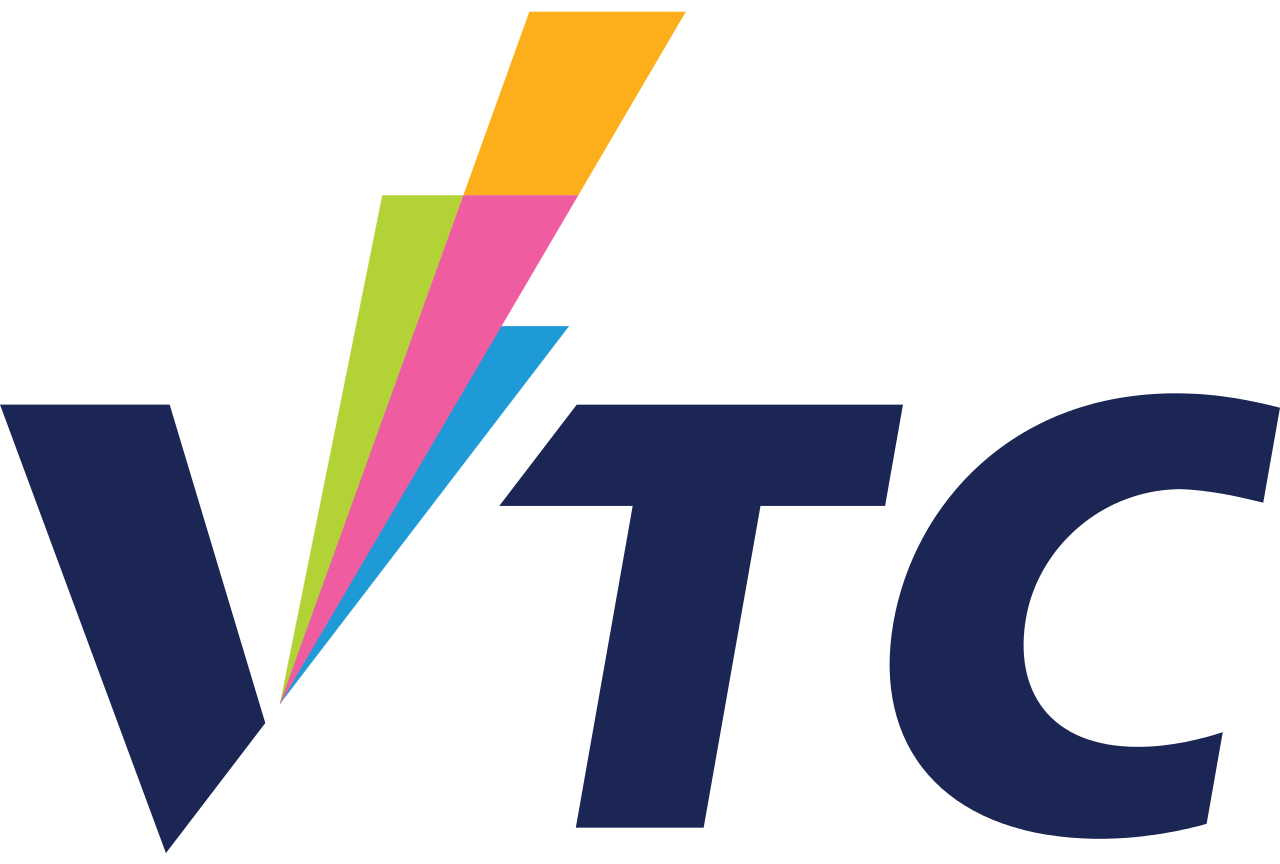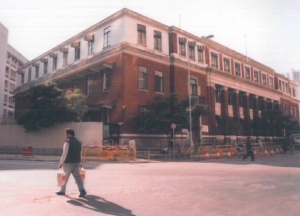VPET History in Hong Kong
Contents
History
Vocational education and training (“VET”) is the education which prepares people for specific professions, trades and industries. It equips people with the expertise, skills and technical knowhow. At present, there is no clear definition of VET under the relevant government policy in Hong Kong.
In worldwide, the local variety on the context and term use also exists. Throughout the course of history, various terms have been used also to describe elements of the field that are conceived as comprising the context of.
In Switzerland, the terms vocational education and training “VET” and professional education and training (“PET”) are use. [1] p.38
According to UNESCO, ‘Technical and vocational education and training’ (“TVET”) is used. [2] Several other terms are commonly used in other specific geographic areas. For example, Career and technical education (“CTE”) (USA); Further education and training (“FET”) (UK, South Africa); Vocational and technical education and training (VTET) (South-East Asia); Vocational education and training (“VET”); Vocational and technical education (“VTE”) (AUS).” [3]
Instead of using the conceptual definition to understand the meanings of vocation education in Hong Kong, let us use explicit historic timeline to have a glimpse of the trajectory of vocational education development in Hong Kong with society evolution.
Timeline
1907
The Hong Kong Technical Institute 香港官立技術專科學校, which was established in 1907. This was the first record of any technical education in Hong Kong. It formed a sub-department under the Director of Education. It had no buildings of its own but was housed at Queen's College, a secondary school, situated on Hong Kong Island.[4]
1932
Established Junior Technical School 初級工業學校 on Caroline Hill. This school was government's first venture into full-time technical education. It was converted into a secondary technical school in 1950s.[5]
1934
Established Far East Flying Training School, commenced training pilots and engineers for aviation industry. The Far East Flying and Technical School Limited as it was later renamed, sited at Kai Tak, was a private institution.[5]
1935
Aberdeen Trade School 香港仔兒童工藝院 was founded by the Salesian Society. This school provided a sound general education, together with training considered to be comparable to an apprenticeship. It was renamed to Aberdeen Technical School 香港仔工業學校 in 1950s.[5][6]
1937
The Government Trade School 香港官立高級工業學院 was founded in Wood Road, Wanchai. It was the the first Government funded, post-secondary technical institution in Hong Kong. In 1947, it was renamed to Hong Kong Technical College 香港工業專門學院.[5][7]
Post-War - early 60s
Hong Kong faced an acute shortage of skilled workers amidst its rapid industrialization since the late 1950s. The secondary technical schools and secondary modern schools, new new types of school in Hong Kong education system were introduced. [8]
1961
Kowloon Technical School 九龍工業學校 was found in Sham Shui Po.
1965
The Lutheran World Service, Hong Kong, the predecessor of Hong Kong Christian Service established Kwun Tong Vocational Training Centre 觀塘職業訓練中心.[9]
1969
Morrison Hill Technical Institute 摩利臣山工業學院 was founded ; same year of May the Polytechnic Planning Committee was established to study the possible need for a polytechnic-type institution. [10]
1970's
In response the Government set up the Industrial Training Advisory Committee in 1965 and the Hong Kong Training Council in 1973 to study means to increase provision of vocational education for youngsters. These resulted in the first stage of proliferation of vocational education in the 1970s. [11] p.2
On top of the existing technical institute at Morrison Hill, 4 other Techinical Inistitutes were established accordingly during this period, ie. the Haking Wong Technical Institute, Lee Wai Lee Technical Institute, Kwun Tong Technical Institute, and Kwai Chung Technical Institute [4] pp.38-48 . They provided vocational education at craft to technician levels.
- Example.gif
Morrison Hill Technical Institute
1972
Hong Kong Polytechnic 香港理工學院 was established, taking over the campus and staff of the Hong Kong Technical College. Later on, in November 1994 the Polytechnic acquired university status and renamed as the Hong Kong Polytechnic University 香港理工大學.
1980's
Vocational Training Council (VTC) 職業訓練局 was established in 1982. Under the Vocational Training Council Ordinance, it performed as a statutory body to provide a comprehensive system of vocational education and training (VET) in Hong Kong. As at 2015, there are 13 member institutions under the VTC Group.[11] p.3 This led to the second stage of proliferation of vocational education in Hong Kong, including the establishment of three more technical institutes in 1986-87.
1980's
Government led the Planning Committee for the Second Polytechnic, which was appointed in June 1982 under the able chairmanship of Sir S Y Chung 鍾士元爵士. The first and second report on Planning Committee for a second polytechnic of Hong Kong were finalized and published in 1982 and 1983. [12][13] City Polytechnic of Hong Kong 香港城市理工學院 was established in 1984 and became a fully accredited university in 1994 City University of Hong Kong 香港城市大學
1992,93
It set up two Technical Colleges, Hong Kong Technical College (Chai Wan) and Hong Kong Technical College (Tsing Yi) in 1993 and year later to take over the Higher Diploma and Higher Certificate courses previously offered by the Hong Kong and City Polytechnics
1994
明愛, 慈幼, 嘉諾撒...
References
- ↑ Task Force on Promotion of Vocational Education. (2015). Report of the Task Force on Promotion of Vocational Education. Retrieved from http://vtclib25.vtc.edu.hk:8080/dspace/handle/999/89
- ↑ United Nation Educational Scientific and Cultural Organisation, UN (Head quarter, General Conference) (2015). Revision of the 2011 Revised recommendation concerning TVE. Retrieved from http://unesdoc.unesco.org/images/0023/002341/234137e.pdf
- ↑ UNESCO-UNEVOC, National Centre for Vocational Education Research (NCVER) (2009). TVET glossary: some key terms. This glossary has been published in the "International Handbook of Education for the Changing World of Work" (Vol. 1, chapter 5) "The glossary aims to reflect the terminology found in the recent literature of technical and vocational education and training (TVET) research, policy and practice internationally. The most common and significant terms (including acronyms) are listed and, in some cases, national and regional variations have been included. To maintain an international perspective, other national and international glossaries and thesauri were consulted in conjunction with current TVET literature from around the world. Where definitions have been written by other organizations, the source of that definition is acknowledged. Unattributed definitions were created in-house at the National Centre for Vocational Education Research (NCVER). For some terms, where, for example, there are regional differences, more than one meaning has been provided." p. 59 (International Handbook of education vol 1). Retrieved from http://www.unevoc.unesco.org/go.php?q=UNEVOC+Publications&lang=en&akt=id&st=&qs=5484&unevoc=1
- ↑ 4.0 4.1 Waters, D. D. (1982). The technical institutes in Hong Kong, 1969 to 1980 : a study of their development. pp.11-13. Retrieved from http://vtclib25.vtc.edu.hk:8080/dspace/handle/999/217
- ↑ 5.0 5.1 5.2 5.3 Waters, D. D. (2000). A brief history of technical education in Hong Kong 1863 to 1980 : a paper presented on the occasion of the 30th Anniversary: 12 October 2000. Retrieved from http://vtclib25.vtc.edu.hk:8080/dspace/handle/999/164
- ↑ Aberdeen Technical School. (n.d.). 學校歷史. Retrieved May 25, 2017, from http://www.ats.edu.hk/index.php?option=com_content&view=article&catid=25&id=41&Itemid=63
- ↑ PolyU History. (n.d.). Retrieved May 25, 2017, from https://www.polyu.edu.hk/web/en/about_polyu/facts_figures_development/history/index.html
- ↑ Kan, Flora; Lau, Wai Wah (2011).Colonialism and secondary technical education in Hong Kong: 1945-1997.Journal Of Vocational Education And Training, 2011, v. 63 n. 2, p. 171-189. Retrieved June 28, 2017, from http://vtclib25.vtc.edu.hk:8080/dspace/handle/999/344l
- ↑ Ho, S. (2013, Aug. & sept.). Notable Person and Reminiscences in KTVTC. Retrieved June 28, 2017, from http://www.hkcs.org/csn/352/e352_4_1.html
- ↑ University Grants Committee UGC (1 Feb 2017). Brief History. Retrieved July 7, 2017, from http://www.ugc.edu.hk/eng/ugc/about/overview/history.html
- ↑ 11.0 11.1 Legislative Council Secretariat, Research Office (2015)Review of development of vocational education in Hong Kong. Information note = 香港職業教育發展的回顧. 資料摘要. Retrieved from http://vtclib25.vtc.edu.hk:8080/dspace/handle/999/393
- ↑ Planning Committee for the City Polytechnic of Hong Kong (1982)The first report of The Planning Committee for the Second Polytechnic. Retrieved from http://vtclib25.vtc.edu.hk:8080/dspace/handle/999/309
- ↑ Planning Committee for the City Polytechnic of Hong Kong (1983)The second and final report of The Planning Committee for The City Polytechnic of Hong Kong. Retrieved from http://vtclib25.vtc.edu.hk:8080/dspace/handle/999/310





